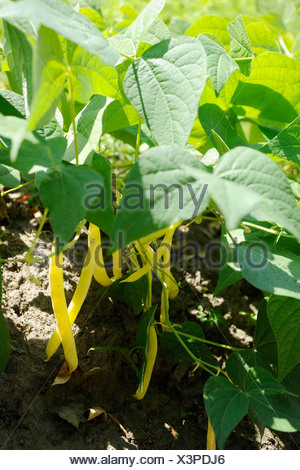

Often, these beans are a vital source of food and income in poorer areas. Lima beans – also called butter beans – are an important crop in many parts of the world. “Knowing which inoculants work well with lima beans in northeastern Brazil will provide economic and environmental benefits.” “Sustainable agriculture management aims to improve natural, helpful processes like nitrogen fixation by microbes,” says Moreira. These additions – called inoculants – can jumpstart the partnership between the plants and microbes.

Microbes are often added to seeds or to the soil when preparing for planting bean crops. “We think our findings can be an important component of sustainable agriculture in the region,” says Fatima Maria de Souza Moreira, co-author of the new study. The study was published in Soil Science Society of America Journal. Researchers in Brazil have identified which microbes work well with lima beans in the drier, northeastern parts of the country. Plants can access this fixed nitrogen, which helps them grow. There, they house microbes that transfer – or ‘fix’ – atmospheric nitrogen into the soil. The benefit of lima beans stretches down even into their roots.

They are effective as cover crops and as green manure. Lima beans are also good for the environment and farmers. They are an excellent source of protein and fiber. Microbes promote lima bean growth JAdityarup "Rup" Chakravorty


 0 kommentar(er)
0 kommentar(er)
